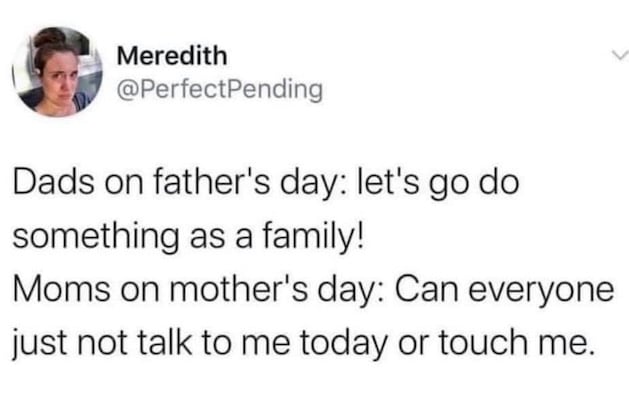
How to Adjust to Being an Empty Nester
Seven ways to get used to life after dropping off your youngest at college.
Get the Best Family Activities
Give yourself space.
While it’s great to look forward to being surrounded by people, it’s also important to give yourself, your children, and your spouse individual space. Everyone needs to find a balance between shared time and alone time, without giving up what is important to him or her.
Make some concrete plans.
It helps to have short-term goals on the calendar. This can include a visit your child’s college, visiting old friends who have moved away, a vacation for the two of you, or for your family during a school break. Closer to home, it can be a big family gathering around Thanksgiving or the holidays. Once again, do not be surprised if your “Empty Nester plans” still include family. Remember, your sense of self and the coupleship may have changed— that does not mean your love for your family and desire to be with them will go out the window.
Reclaim your identity.
One of the most common issues couples counselors encounter is a parent getting too wrapped up in their children and losing their own identity. Instead of seeing being an Empty Nester as a “void,” see it as an opportunity to reclaim who you are— your passions, your interests, confidence in your skills. Some of these may relate to child rearing, but some may be interests that have had to take a back seat, or they may be new experiences you’ve yearned for. This is the time to explore and find out what resonates most with you.
Engage in open communication.
One of the tenets of couples counseling is open and honest communication. Talk with your spouse about where you are at, and where you’d like to “be” over the first few months, as well as over the longer term.
Counseling may be an option.
There are plenty of positives about being able to refocus on yourself and your partner. However, this may also be a ery diffiuclt time in which you might require a little extra support.








